As monsoon winds sweep across the Indian subcontinent, painting the skies grey and soaking the earth in its nourishing embrace, there is one month that holds a sacred power unmatched by any other: Sawan. And among its most spiritually charged days are the 3rd Mondays—known as Sawan Somwars—dedicated to the worship of Lord Shiva.
Today, we focus on the third Monday of Sawan, a day that marks the deepening spiritual journey for millions of devotees. It’s not just a date on the calendar. It’s a pulse of devotion, a bridge between heaven and earth, and a time when faith and discipline merge into something transcendent.
LEARN MORE : https://digitalmohit.co.in/
The Significance of Sawan Somwar
The month of Shravan (Sawan) falls during July–August, aligning with the monsoon season. In Hindu tradition, it is believed to be the month closest to Lord Shiva’s heart. Every Monday in this month is celebrated with fasts, rituals, and a yearning to draw closer to the divine.
The third Monday, in particular, holds a special place. By this point, devotees have entered a spiritual rhythm. The first Monday is about starting with intention. The second is about testing commitment. The third Somwar is where devotion matures—it’s not just ritual anymore, it’s transformation.
LEARN MORE : https://Embracing the Sacred: The Magic of Sawan – A Month of Devotion, Rain, and Renewal
Rituals Observed on the 3rd Sawan Somwar
Whether you’re in Varanasi, Haridwar, Kathmandu, or a small village temple, the scenes are similar: bells ringing, incense spiraling toward the sky, and the sacred chant “Har Har Mahadev” echoing in the air.
Here’s how devotees mark the day:
1. Fasting (Vrat)
- Most devotees observe a strict fast, consuming only water or fruits.
- Some follow a Nirjala vrat—without water.
- It’s not just about food; it’s about mental purification.
2. Temple Visits & Abhishek
- Shivlings are bathed with milk, honey, water, curd, and ghee—known as the Panchamrit.
- Bael leaves, dhatura, and white flowers are offered—each symbolic and sacred.
3. Chanting and Meditation
- The Maha Mrityunjaya Mantra and Om Namah Shivaya are chanted repeatedly.
- Meditation on Lord Shiva’s form—ash-smeared, meditating in silence—helps still the mind.
A Personal Lens: Stories from Devotees
What makes the 3rd Monday of Sawan deeply human are the stories. Each year, millions journey—some barefoot, some with kanwars on their shoulders—carrying water from the Ganges to offer to Shiva.
Let’s meet a few of them:
Radha Devi, 67, Varanasi
“I’ve been fasting every Sawan since I was 22. The third Monday is always the most peaceful for me. I feel like Lord Shiva listens to me more carefully that day.”
Arjun, 19, Engineering Student
“I wasn’t religious until my mother got sick. I fasted last Sawan, and she recovered. Now I keep the 3rd Somwar with full sincerity—even during exams.”
Priya, 32, Bangalore
“Fasting on the third Monday isn’t just about tradition. For me, it’s a detox from chaos. I spend the day offline, journaling, praying, reflecting.”
Deeper Symbolism of the Third Monday
The third Monday often falls right at the heart of Sawan, which makes it a turning point. Spiritually, it’s the moment when the devotee is no longer driven by external motivation. The rituals become natural, meditative.
Lord Shiva, often called the Adiyogi (first yogi), is the deity of stillness, detachment, and inner awakening. Worshipping him is not only about pleasing a god—it’s about becoming like him: silent, strong, fearless.
Celebrations Across India
From small temples to massive pilgrimages, the 3rd Monday sparks powerful energy across the subcontinent:
- Kawad Yatra: In North India, pilgrims carry holy water from the Ganga to offer at Shiva temples.
- Mahakaleshwar, Ujjain: The Bhasma Aarti draws thousands.
- Kashi Vishwanath: Special arrangements and massive crowds.
- Online Rituals: Many now join virtual aartis and mantra sessions via YouTube and spiritual apps.
What You Can Do on This Day (Even If You’re Not Fasting)
Even if you’re not observing a full fast, here are ways to honor the 3rd Sawan Somwar:
- Wake up early and sit in quiet meditation for 11 minutes.
- Light a diya and chant “Om Namah Shivaya” 108 times.
- Offer white flowers, milk, or fruits to a Shivling.
- Read about Lord Shiva’s stories—especially his marriage to Parvati and his role as destroyer and regenerator.
Closing Thoughts: What Sawan Really Teaches Us
Sawan is not just about rain or rituals. It’s about pausing in the monsoon of life—to breathe, reflect, and reconnect. By the third Monday, you start to understand that faith is a journey, not an obligation.
As the waters cleanse the earth, so does devotion purify the soul.
“In the silent hours of Sawan’s third Monday, we do not worship to be seen.
We worship to see—the divine within ourselves.”

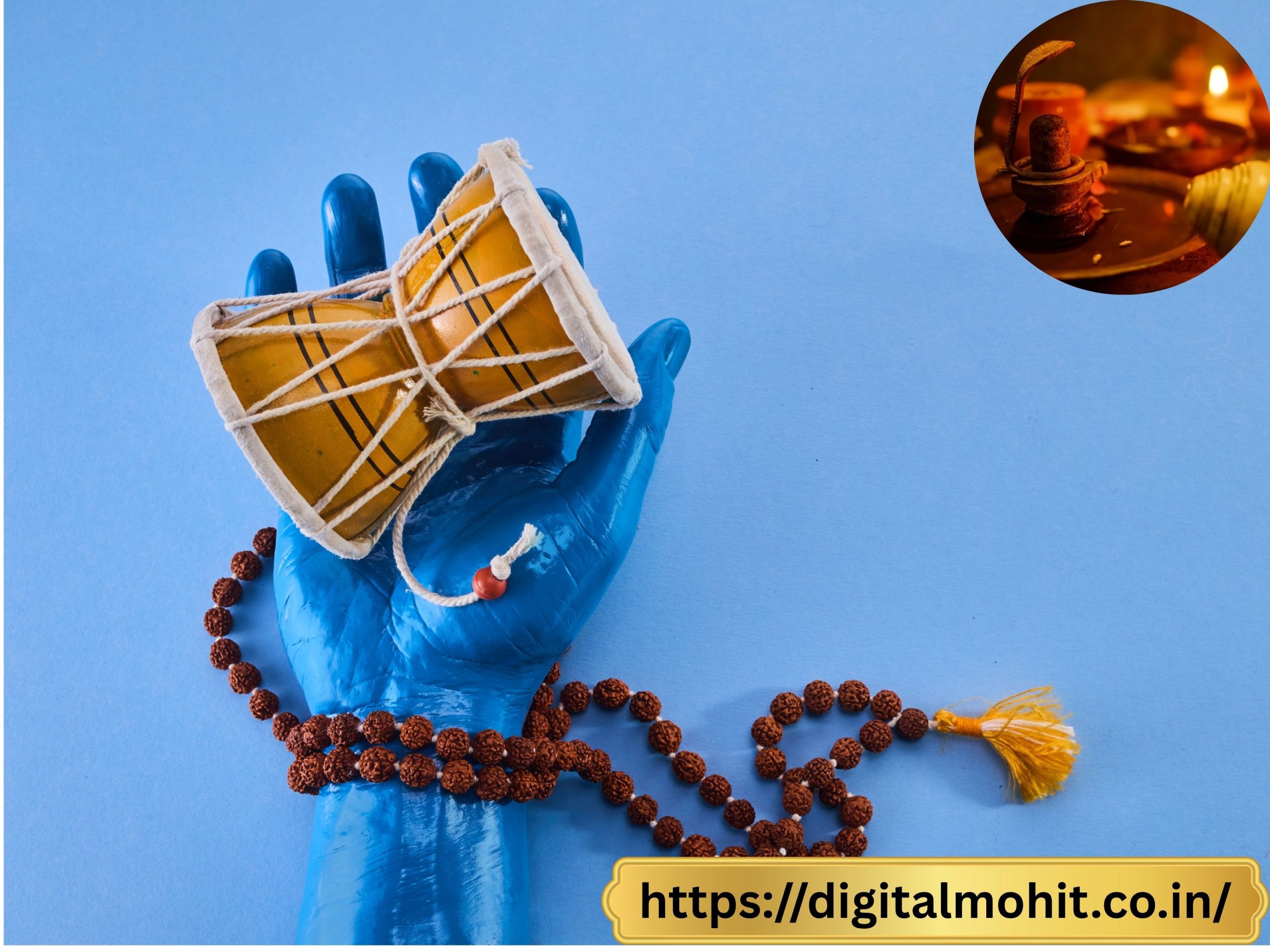




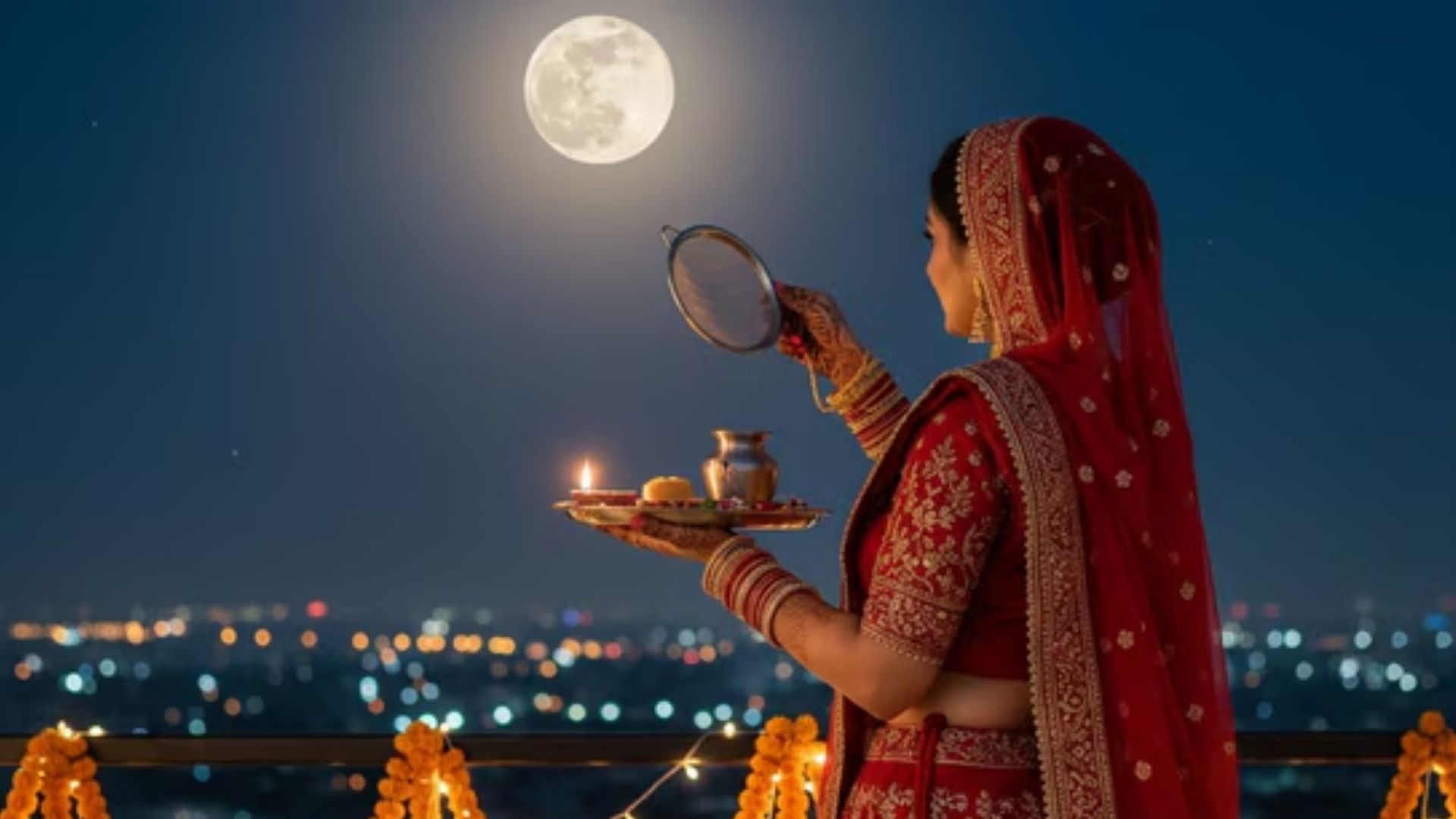

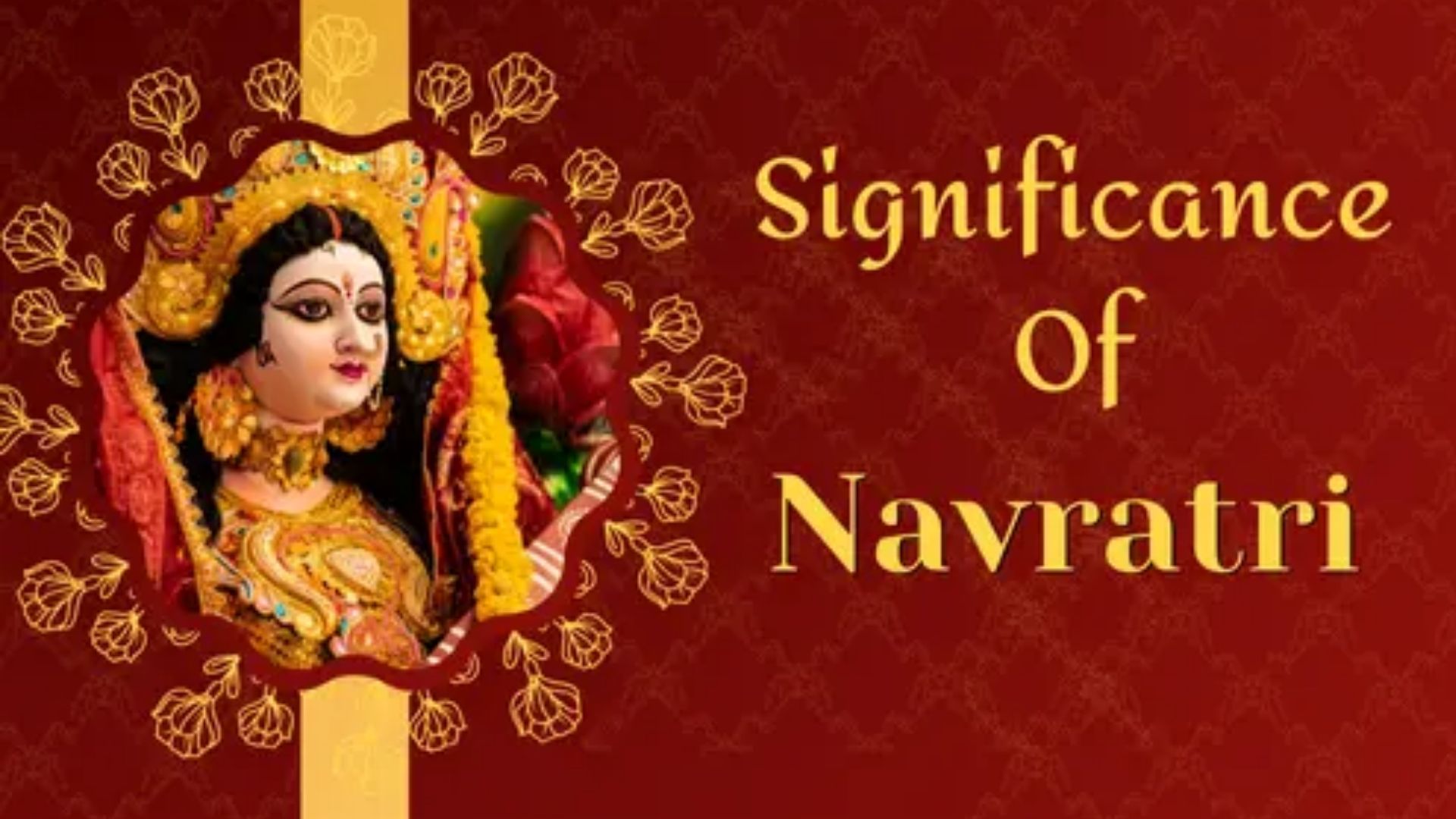
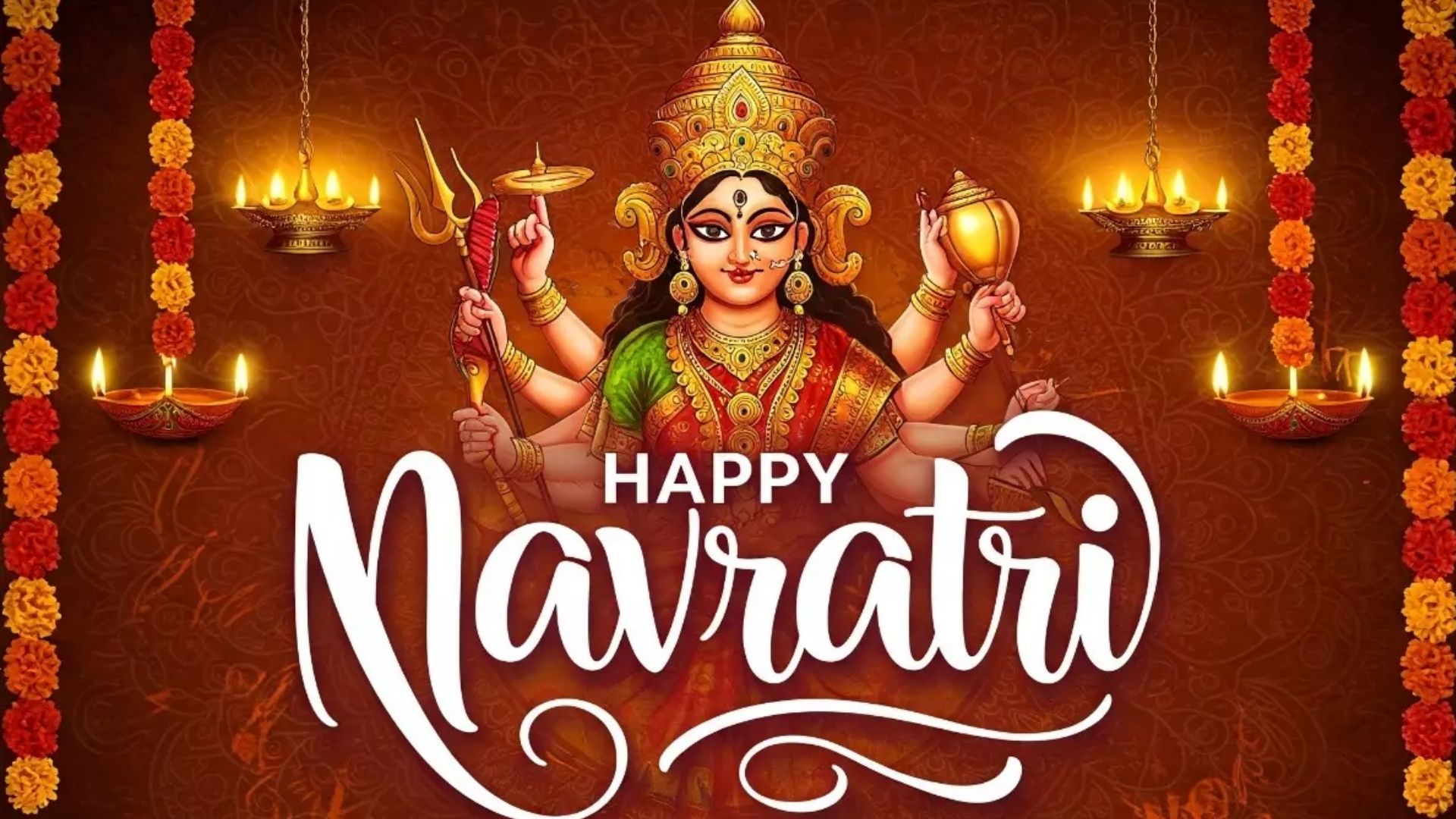
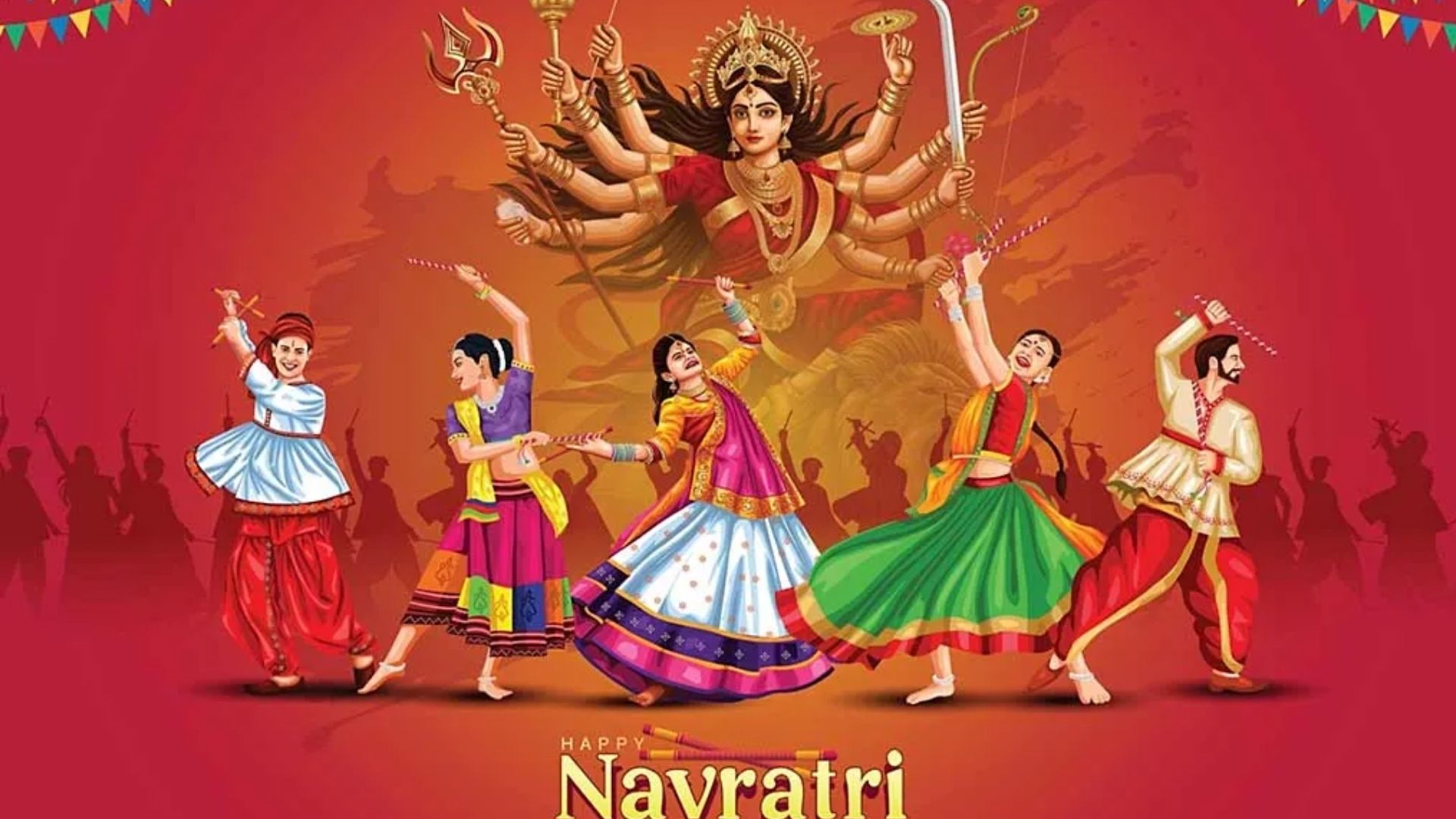
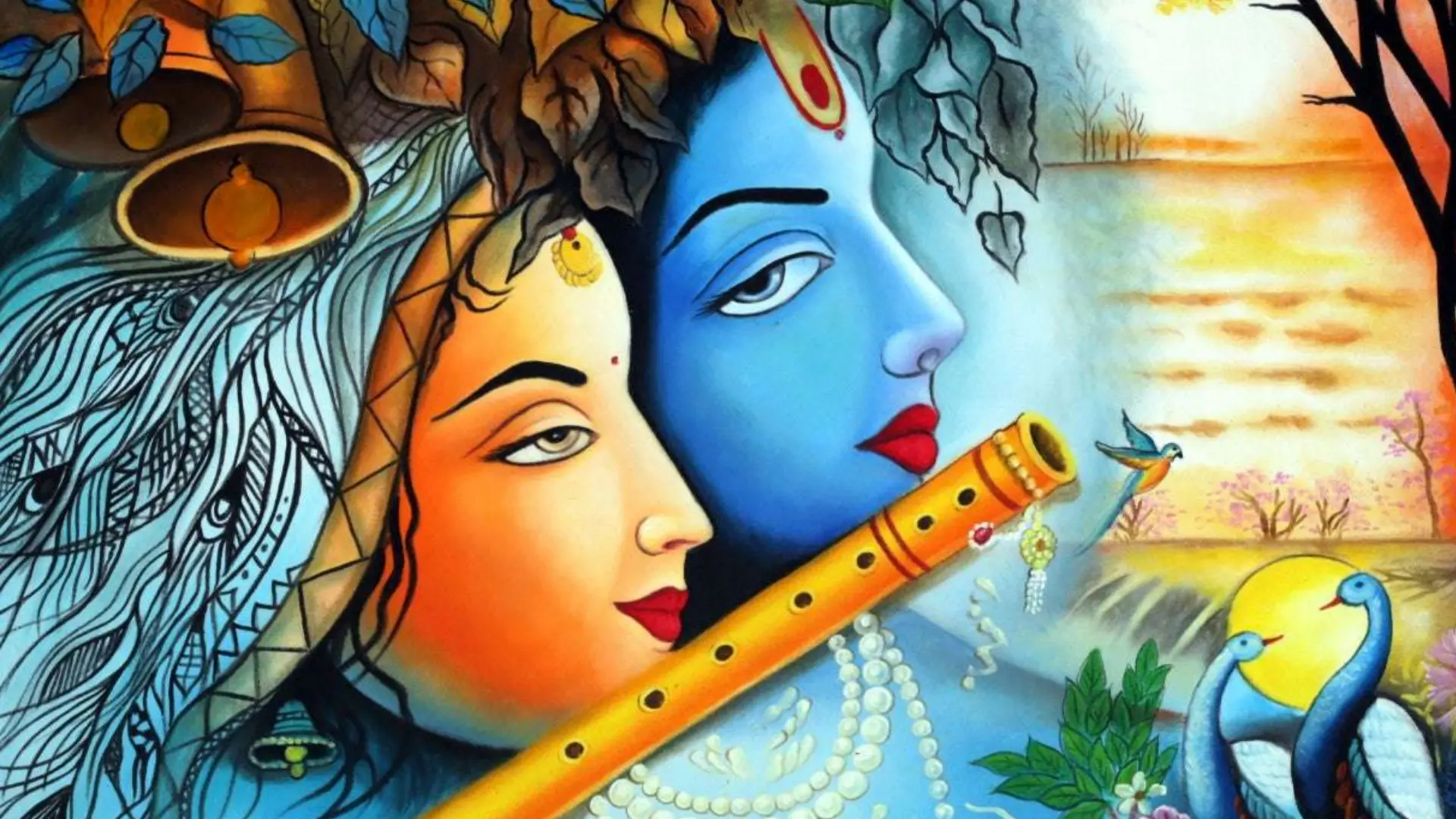




Leave a Reply